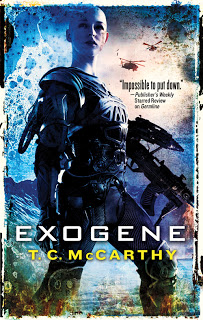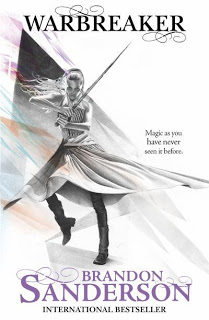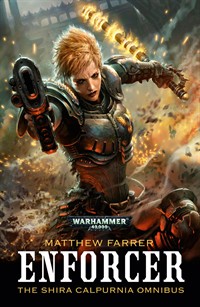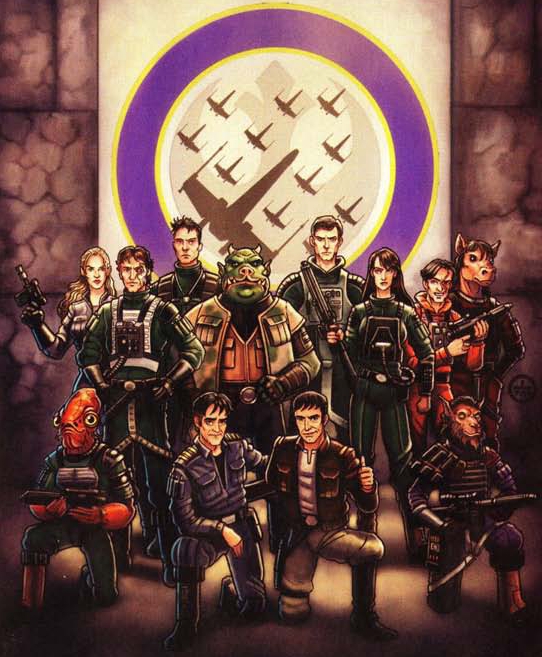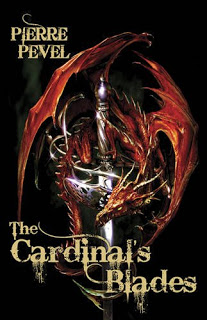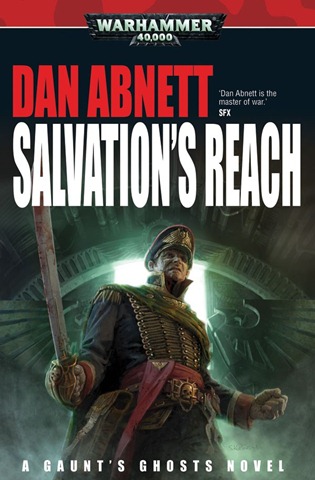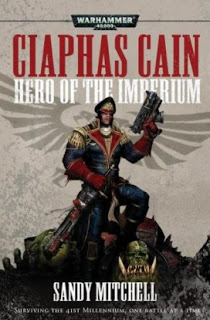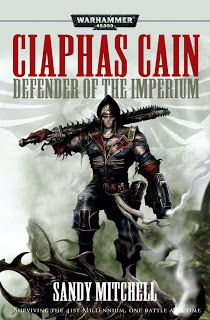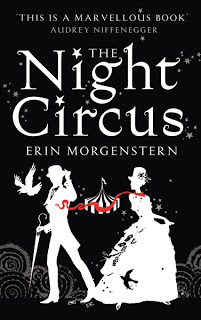Since I’m on a roll, I thought I’d review the other book I read this week. Exogene by TC McCarthy is the second book in The Subterrene War. It’s a testament to the author that I only realised it was the second book after I finished it.
In the dark future that is the setting of The Subterrene War series, girls are vat-cloned, taught to believe in a god who will reward them for killing with a place at his side. Indoctrinated with the teachings of the Modern Combat Manual and believing they act for God, they are a ruthless force of killers bio-engineered for war. Their main use is to secure and hold mines, as well as engaging in full-scale war.
Exogene follows the story of one particular clone – or Germline unit as they’re called – Catherine. It tells her story in fragments as she recalls and lives it, and how she feels about being a thing created to fight and die. It tells of her faith and how she first loses it, then regains it.
The Germline units are the Western world’s (American is implied) clone units. The Russians (and Chinese?) have their own versions, and they use different techniques to keep them loyal. The difference in attitudes was interesting, and I found the tale oddly enthralling.
I’m not sure what I really expected of the book, but it looked interesting. It’s not a book I’d have bought without knowing it (but the library solves that issue), but I’m certainly looking at buying the rest of the series now.
It’s just an interesting concept. Warriors engineered to be perfect, and taught to believe in only two things: Faith and Death. They are taught to love death and seek it through glorious battle against the enemies of God. When they die, they don’t see it as a bad thing, or something to be avoided, but as the ultimate reward. When the first girl dies during training, they see her as lucky for being the first one to join God at His side. They have such unbridled faith, and they’re being used as tools for war, treated as subhuman, and given all of the worst jobs.
There’s a certain quality to the book and I don’t quite know how to describe it, but the grim future that McCarthy describes is one I could see happening all too easily.
A good book, and one that’s made me think.
